These six talented LUMC researchers receive Veni grants
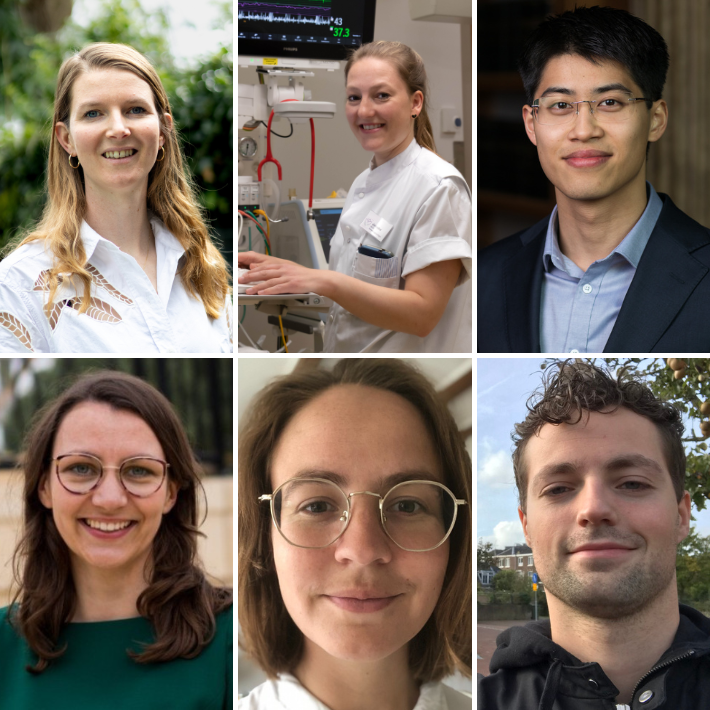&width=710&height=710)
The grant, worth up to 320,000 euros, will allow the laureates to further develop their own research over the next three years. The person-linked, scientific grant is part of the NWO Talent Program, which focuses on researchers who have recently obtained their doctorates.
Marieke Barnhoorn | Crohn’s disease
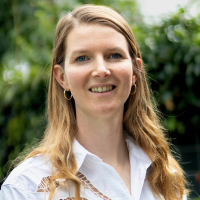 “Crohn's disease, characterized by chronic intestinal inflammation, is currently treated by inhibiting the immune cells in the intestine. However, this treatment does not or hardly help against complications, such as a narrowing of the intestine. I suspect that these complications are caused by a change in the matrix, the connective tissue between all intestinal cells. This is produced by connective tissue cells, which are very numerous in the intestine. This research explains us how this connective tissue is changed in Crohn's disease, and whether we can change the connective tissue cells in such a way that they produce 'healthy' matrix again.”
“Crohn's disease, characterized by chronic intestinal inflammation, is currently treated by inhibiting the immune cells in the intestine. However, this treatment does not or hardly help against complications, such as a narrowing of the intestine. I suspect that these complications are caused by a change in the matrix, the connective tissue between all intestinal cells. This is produced by connective tissue cells, which are very numerous in the intestine. This research explains us how this connective tissue is changed in Crohn's disease, and whether we can change the connective tissue cells in such a way that they produce 'healthy' matrix again.”
Janneke Dekker | Helping preterm infants breathe
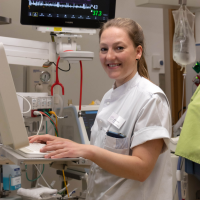 Prematurely born infants need breathing support to survive after birth. The success of this support is largely dependent on the infant’s breathing effort. Preterm infants’ breaths are often irregular, but can be stimulated by improving the oxygen level of the body through oxygen administration. However, during irregular breathing the vocal cords close, preventing oxygen to reach the lung. Then, breathing is not stimulated and the risk for ventilation and resuscitation increases. This research investigates whether oxygen administration to the mother, via the placenta, will improve the oxygen level of preterm infants before birth and stimulate breathing directly at birth.
Prematurely born infants need breathing support to survive after birth. The success of this support is largely dependent on the infant’s breathing effort. Preterm infants’ breaths are often irregular, but can be stimulated by improving the oxygen level of the body through oxygen administration. However, during irregular breathing the vocal cords close, preventing oxygen to reach the lung. Then, breathing is not stimulated and the risk for ventilation and resuscitation increases. This research investigates whether oxygen administration to the mother, via the placenta, will improve the oxygen level of preterm infants before birth and stimulate breathing directly at birth.
Edouard Fu | Personalized treatments for chronic kidney disease
 Fu’s research focuses on optimizing the treatment for patients with chronic kidney disease. To reduce their risks for kidney failure requiring dialysis and cardiovascular diseases, medications are required, but their effectiveness varies per individual. To prevent unnecessary exposure and side effects, he will investigate which individuals benefit from these medications and which do not. For this purpose, Fu will use new and advanced machine learning techniques and large amounts of health data. Clinical providers will be able to use the results of this research in clinical practice to personalize treatments for each unique person with CKD.
Fu’s research focuses on optimizing the treatment for patients with chronic kidney disease. To reduce their risks for kidney failure requiring dialysis and cardiovascular diseases, medications are required, but their effectiveness varies per individual. To prevent unnecessary exposure and side effects, he will investigate which individuals benefit from these medications and which do not. For this purpose, Fu will use new and advanced machine learning techniques and large amounts of health data. Clinical providers will be able to use the results of this research in clinical practice to personalize treatments for each unique person with CKD.
Willianne Hoepel | Vicious viruses and decisive sugars
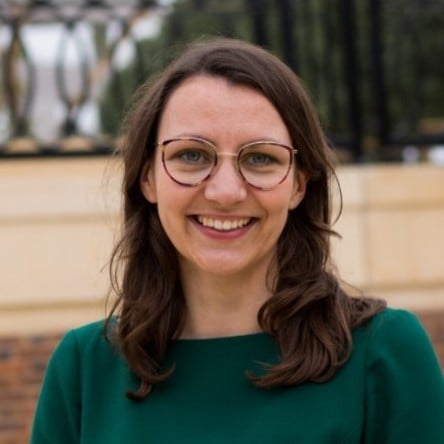 Antibodies are important guards in the respiratory mucosa, protecting against common cold viruses. Antibodies contain sugar structures and changes in these sugar structures affects the antibody-function. Hoepels proposal investigates sugar structures of antibodies at mucosal sites. Furthermore, it studies the impact on how changes in sugar structures enhances susceptibility for respiratory infections.
Antibodies are important guards in the respiratory mucosa, protecting against common cold viruses. Antibodies contain sugar structures and changes in these sugar structures affects the antibody-function. Hoepels proposal investigates sugar structures of antibodies at mucosal sites. Furthermore, it studies the impact on how changes in sugar structures enhances susceptibility for respiratory infections.
Emma Houlder | Spotlight on schistosomes
200 million people have schistosomiasis, a tropical disease caused parasitic worm infection. Worms can survive for years, and individuals are 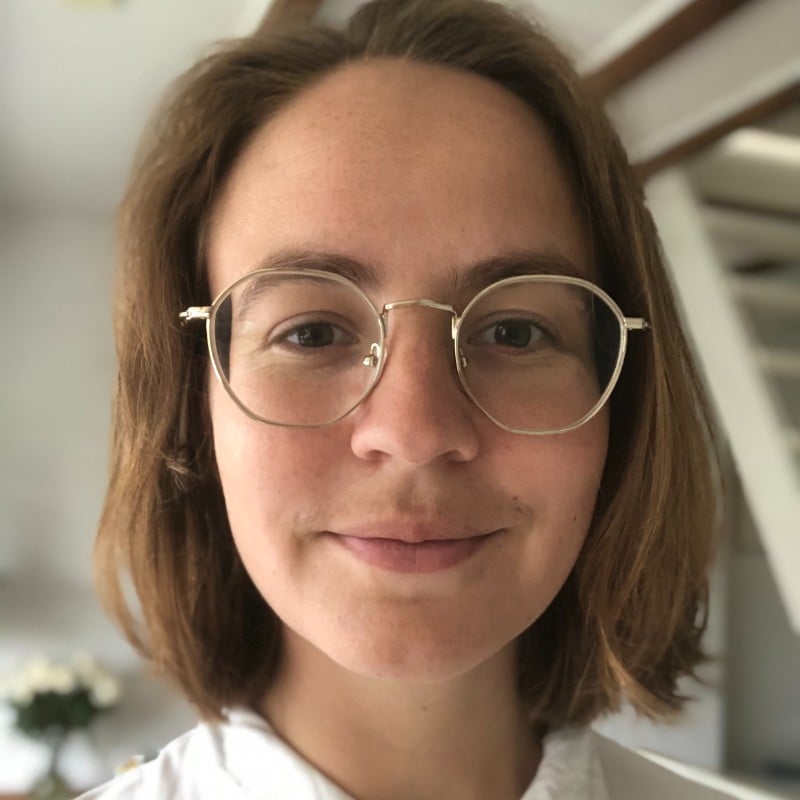 repeatedly infected. Here, Houlder will investigate how the schistosome worm inhibits dendritic cells (DCs), a key immune cell that could otherwise guide protective immunity. Next she will develop a new therapeutic strategy to spotlight the worm to DCs, changing the DC-schistosome interaction. This strategy aims to enable DCs to boost immune responses to schistosomes, providing protection from infection."
repeatedly infected. Here, Houlder will investigate how the schistosome worm inhibits dendritic cells (DCs), a key immune cell that could otherwise guide protective immunity. Next she will develop a new therapeutic strategy to spotlight the worm to DCs, changing the DC-schistosome interaction. This strategy aims to enable DCs to boost immune responses to schistosomes, providing protection from infection."
Matthias van Oosterom | Every minute counts.
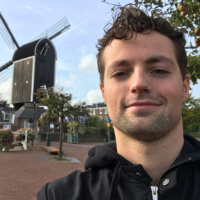 In the treatment of brain disorders, time is of the essence (time = brain). Therefore, it is desirable to perform diagnostics even before the patient reaches the hospital, so that the optimal treatment strategy and the best hospital for this treatment can be chosen. The only challenge is to make radiological imaging, usually done with large and expensive equipment, possible in a relatively small ambulance. Van Oosterom's Veni project attempts to create a solution for this. Based on promising preliminary work with mobile imaging, it investigates whether it is possible to achieve high quality imaging with relatively small and inexpensive equipment, directly in the ambulance.
In the treatment of brain disorders, time is of the essence (time = brain). Therefore, it is desirable to perform diagnostics even before the patient reaches the hospital, so that the optimal treatment strategy and the best hospital for this treatment can be chosen. The only challenge is to make radiological imaging, usually done with large and expensive equipment, possible in a relatively small ambulance. Van Oosterom's Veni project attempts to create a solution for this. Based on promising preliminary work with mobile imaging, it investigates whether it is possible to achieve high quality imaging with relatively small and inexpensive equipment, directly in the ambulance.
In total, the NWO is awarding 174 Veni grants this year. More information about the grants, award winners and research projects can be found on the NWO website.